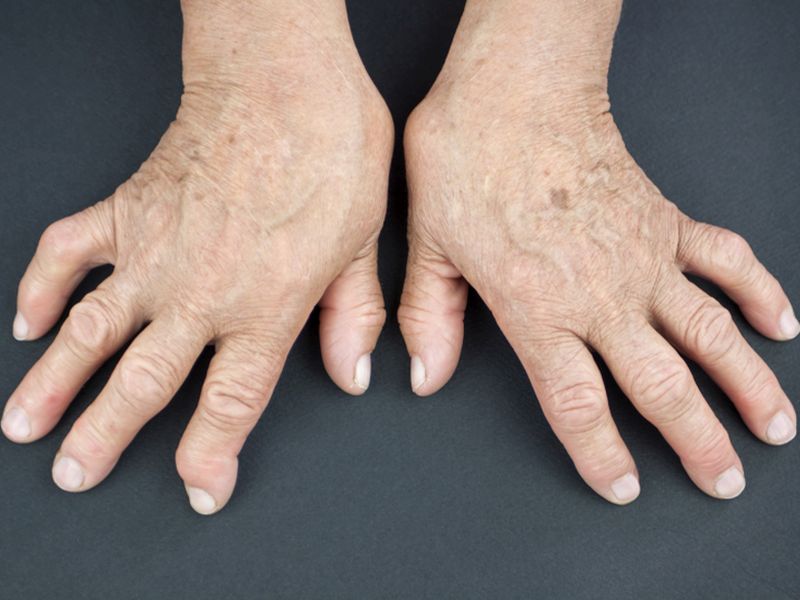FRIDAY, March 1, 2019 (HealthDay News) — You use your hands nearly every minute of the day, so any time they hurt it’s important to find out why.
Certain conditions can affect people who do the same hand movements for hours every day. Repetitive strain injury can cause pain in muscles, nerves and tendons. Carpal tunnel syndrome swelling compresses a key nerve. The lesser known de Quervain’s tenosynovitis typically affects tendons on the inner sides of the wrist.
An autoimmune disease like rheumatoid arthritis often causes joint pain. Without treatment, it can lead to deformities in your hands. The wrist and finger joints are common targets of osteoarthritis, which occurs over time from normal wear-and-tear.
Treatment might start with an over-the-counter or prescription NSAID to temporarily relieve pain, but their long-term use has been linked to side effects such as liver or kidney damage and elevated heart attack risk.
Stronger medications may be needed to stop a degenerative disease like rheumatoid arthritis. Corticosteroid injections are an occasional option to reduce inflammation. Heat can ease stiffness while a cold pack can relieve soreness. If you have a chronic condition, an occupational therapist can teach you how to limit stress on joints when using your hands. During a flare, he or she might suggest a splint to stabilize your hand.
Sometimes surgery is needed. Dupuytren’s contracture, a thickening under the skin on the palm of the hand, can develop into firm lumps that cause fingers to bend inward. Unless lumps are removed early, it may be impossible to straighten fingers later on. If other options don’t help carpal tunnel and de Quervain’s, surgery might be the answer.
Many conditions worsen without appropriate treatment, so don’t delay in seeing your doctor or a hand specialist.
More information
The American Academy of Orthopaedic Surgeons has more on painful hand conditions.
Copyright © 2026 HealthDay. All rights reserved.

